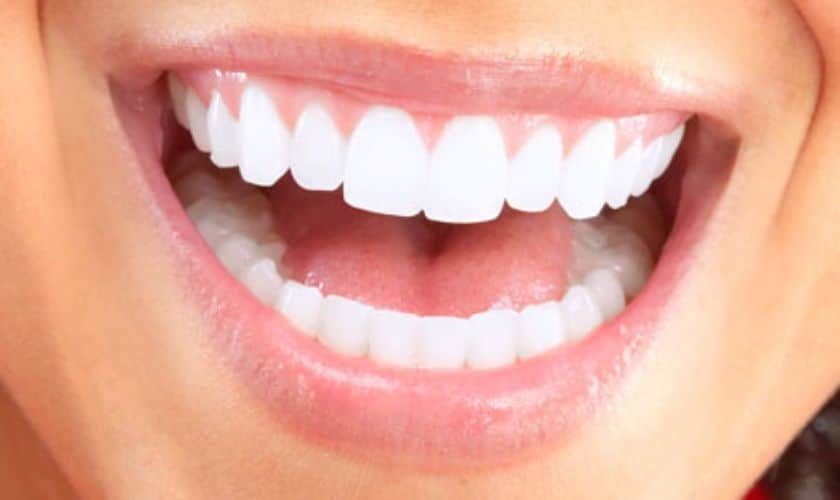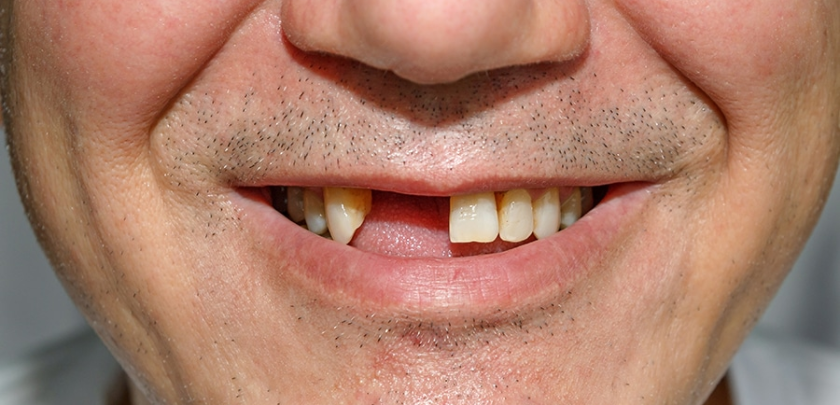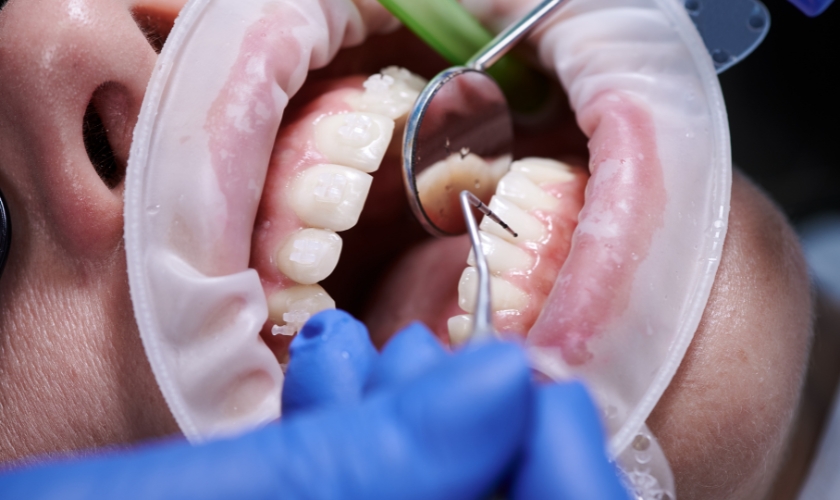(703) 372-5665
What are the Pros and Cons of Dental Veneers?

What are the Pros and Cons of Dental Veneers?
Dental veneers are a popular cosmetic dental option for those looking to improve their smile. Dental veneers are thin layers of porcelain or composite resin that are custom-made and bonded to the front surface of teeth. Dental veneers can correct many issues, including discoloration, misalignment, chips, uneven surfaces, and gaps between teeth. While they provide many benefits to your smile, there are also some potential downsides. In this article, we will look at the pros and cons of dental veneers so you can decide if they’re right for you.
Pros of Dental Veneers
Long Lasting & Durable
Dental veneers are strong and durable, lasting between 10-15 years with proper care. They are more resistant to staining than natural teeth, so your smile will stay bright for much longer than before.
Dental veneers provide additional strength to the tooth and protect it from further damage or wear. This helps prevent costly and painful dental procedures in the future.
Natural Looking & Customizable
Dental veneers are custom-made to match your desired shade of white, making them virtually indistinguishable from natural teeth. Dental technicians use special methods to create a lifelike appearance, including etching, shading and blending colors to create a natural-looking result.
Dental veneers can also correct the appearance of a misaligned or crooked smile. Dental professionals can adjust your dental veneers to achieve the desired aesthetic look.
Cons of Dental Veneers
Costly & Not Reversible
Dental veneers are not cheap; they can cost anywhere from $1,000 – $2,500 per tooth, depending on the type used and where you live. Even with insurance coverage, you may pay out of pocket for some expenses.
Dental veneers are also not reversible; a dentist can only remove them once applied. If you decide to get them, make sure you’re certain about your decision before going through it.
Sensitivity & Tooth Removal
Dental veneers may cause sensitivity in pain or discomfort when exposed to hot and cold temperatures. Dental professionals typically use a special desensitizing agent during the application process to help minimize this effect.
Dental veneers require tooth removal before their application. Although this is minimal, some enamel must still be removed from the tooth to make room for the veneer.
Conclusion:
Dental veneers are an effective and reliable way to improve your smile. While they provide many benefits, they also come with some drawbacks, including cost, sensitivity, and tooth removal before application. Ultimately, you must weigh the pros and cons of dental veneers before deciding whether or not to go through with them.
FAQs
Q: How much do Dental Veneers cost?
A: Dental veneers can cost anywhere from $1,000 – $2,500 per tooth, depending on the type used and where you live.
Q: Are Dental Veneers reversible?
A: Dental Veneers are not reversible; a dentist can only remove them once applied.
Q: How long do Dental Veneers last?
A: Dental veneers usually last between 10-15 years with proper care.






